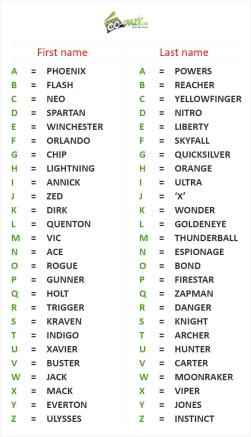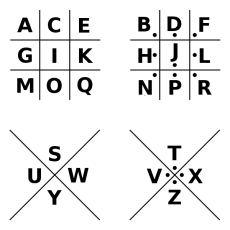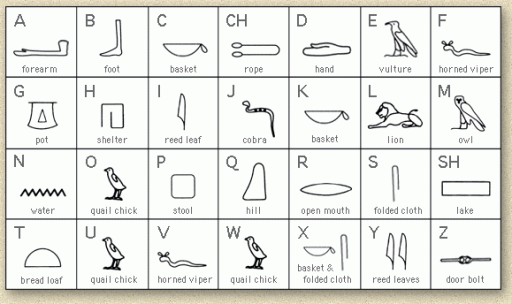
Traditional book clubs don’t seem to work at our libraries when it comes to children and families. It’s hard to get consistent participation, and often those who checked out the book would not show, and vice versa.
So this year we are trying a new version of a family book club. I call it “Book Explorers” in hopes that it sounds more appealing. It’s a monthly program that starts with reading the first few chapters out loud, then a little book discussion, and finally an activity or two that relates to the book. I chose to focus on 4th – 6th grade books.
We started with The Name of This Book is Secret by Pseudonymous Bosch. A fun read that combines mystery, humor, spies, Egyptian mythology, and the five senses, this first book in the series had great read-aloud potential and lots of directions to go in for activities.
The first session didn’t quite go as planned. The ages I was hoping for didn’t materialize, and we had a half a dozen kids under the age of 9 (I think the youngest was about 4) with one or two kids in our target demographic. Not wanting to turn away those who came, I pointed out our program wasn’t designed for their ages but they were welcome to stay and participate if desired, and most did end up staying for the majority of the program. We started by getting everyone a spy name using the chart to the right.
The reading aloud part went well for those who tried it (obviously some of the young ones didn’t) and the audience (mostly) listened (again, the too-young were a bit squirrelly for this part). I made sure to talk about respecting the reader, and was ready to help with any of the tougher vocabulary.
The activity part went more smoothly, as the younger kids could participate more. I set up several stations, with the most popular one being the Symphony of Smells. In the book, it’s a suitcase the children discover with strange-smelling vials. We tested our own noses with a variety of (mostly pleasant) smells. The cups were covered with a lid that had a hole in it, so they could smell but not really see what was inside. Then they were to choose whether it was a good, bad or neutral smell, and identify it if they could. Most people were able to identify at least half of the smells correctly.

Pigpen Cipher
Since the book also has a lot of spy elements to it, we also did some code making and breaking. We had several types of ciphers, and the kids could try to decode some of the already written messages (for self-serving phrases like “the library is awesome”) or make one to leave for someone else. Some kids were more into this than others. A few rather enjoyed translating into hieroglyphics, and the simple numerical substitutions were easy to decode.

All in all, it was a fun program and even the younger kids enjoyed it. I’m hoping to get some repeating families and then build book choices off their specific interests, as well as reaching out to more of the schools in the area.
